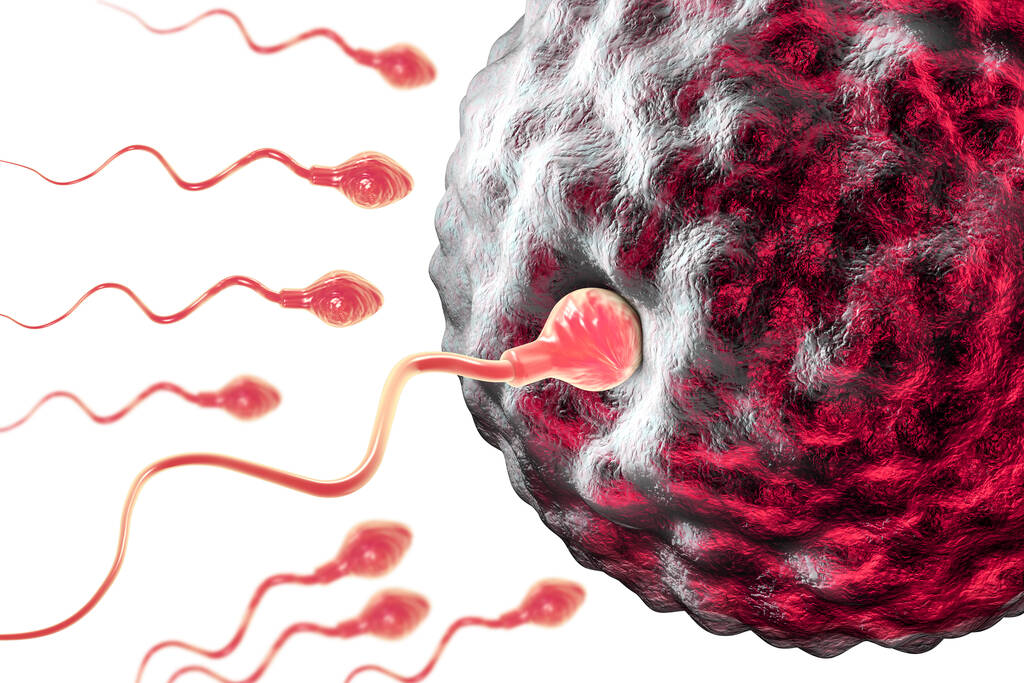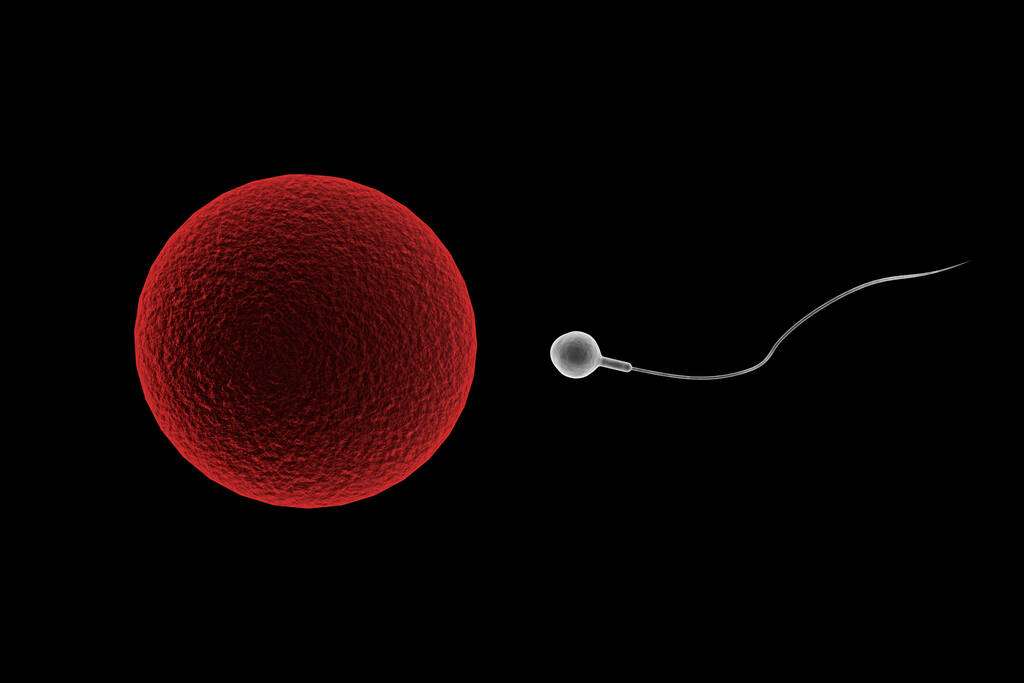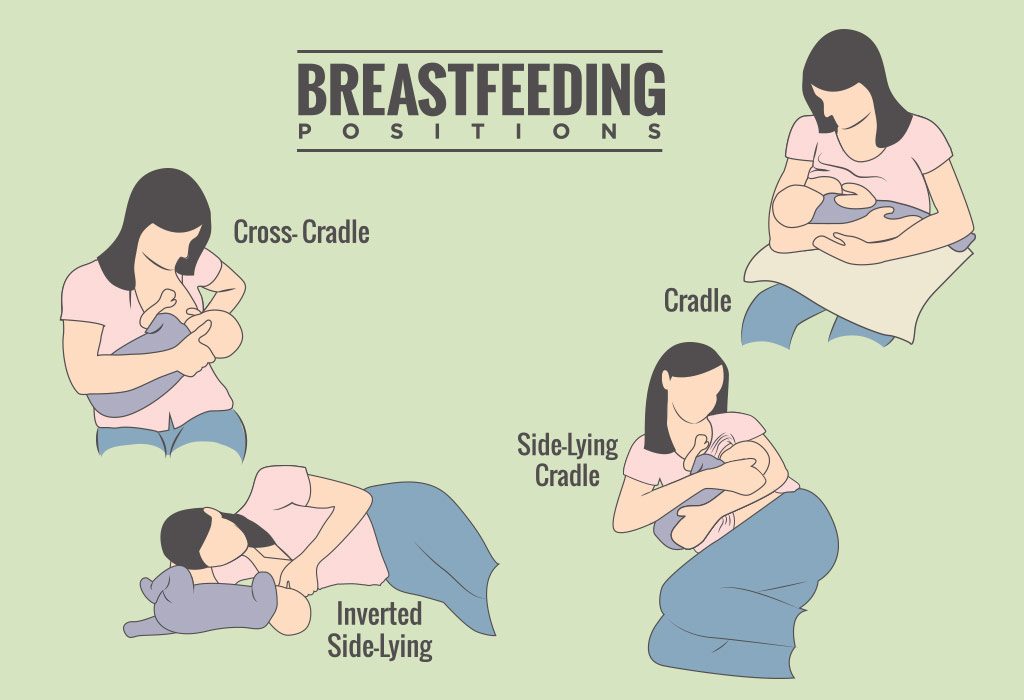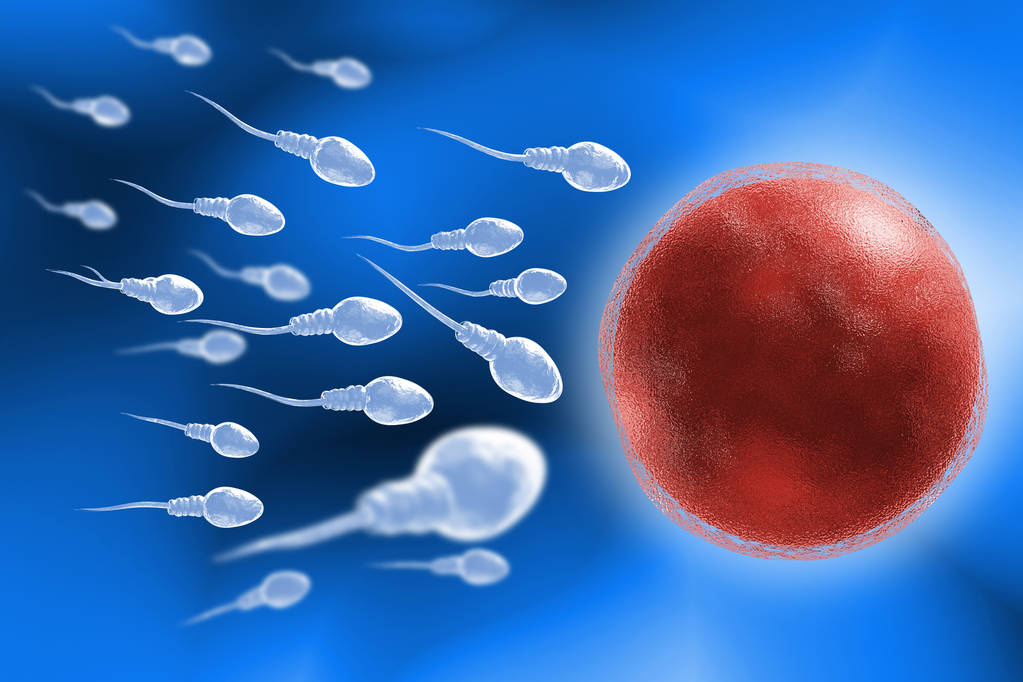Cramping and Pregnancy: What You Need to Know
Cramping during conception can refer to mild abdominal discomfort or sensations that some women may experience around the time of conception. It’s essential to note that not every woman will experience cramping during conception, and the absence of cramping does not necessarily indicate a problem.
Here are a few things to consider regarding cramping during conception:
- Implantation Cramping: One of the most common times for cramping is during implantation. After fertilization, the fertilized egg travels down the fallopian tube and into the uterus. When it reaches the uterus, it needs to implant into the lining. This process can cause mild cramping and is often referred to as implantation cramping. It typically occurs around 6-12 days after fertilization.
- Ovulation Cramping: Some women may experience mild cramping during ovulation, which is the release of the egg from the ovary. This usually happens around the middle of the menstrual cycle.
- Other Factors: Various factors can contribute to cramping during conception, including changes in the cervix and uterus, hormonal fluctuations, and the overall process of preparing the body for pregnancy.
- Normal vs. Abnormal Cramping: While mild cramping can be normal and is often associated with the processes mentioned above, severe or persistent pain should be discussed with a healthcare provider. Severe pain, especially if accompanied by other symptoms like heavy bleeding or fever, could indicate a medical issue that needs attention.
It’s important to remember that early pregnancy symptoms can vary widely among women, and some may not experience any cramping at all. If you are trying to conceive or have concerns about symptoms you’re experiencing, it’s advisable to consult with a healthcare professional for personalized guidance and advice.
Cramping during pregnancy is a common topic of concern and curiosity for many expectant mothers. Understanding the nuances of cramping, its causes, and when it’s a cause for concern can help ease worries and ensure a smoother pregnancy journey.
Normal Causes of Cramping in Pregnancy:
Mild cramping is often a normal part of pregnancy, particularly in the early stages. One common reason for cramping is the process of implantation. This occurs when the fertilized egg attaches itself to the lining of the uterus. The body’s natural response to this can lead to sensations of mild cramping, similar to menstrual cramps.
Another normal cause of cramping during pregnancy is the expansion of the uterus. As the baby grows, the uterus stretches and changes shape, causing some discomfort. This type of cramping is usually felt in the lower abdomen and is considered a normal part of the body’s preparation for pregnancy.
Additionally, hormonal changes play a significant role in pregnancy, and these fluctuations can lead to cramping. For example, during ovulation, when an egg is released from the ovary, some women may experience cramping.
When to Expect Cramping:
Cramping can occur at various stages of pregnancy, but it is often more prevalent in the early weeks. Implantation cramping may be noticed around 6 to 12 days after fertilization. This is when the fertilized egg travels through the fallopian tube and embeds itself into the uterine lining.
Ovulation cramping, caused by the release of the egg from the ovary, usually occurs in the middle of the menstrual cycle. It can be accompanied by other signs of ovulation, such as changes in cervical mucus.
As the pregnancy progresses, cramping might still be experienced due to the ongoing changes in the uterus and the body’s adjustments to accommodate the growing baby. However, it tends to be less intense than the cramps experienced in the early stages.
Differentiating Between Normal and Concerning Cramps:
While mild cramping is often normal during pregnancy, there are instances where it may indicate a potential issue. It’s crucial to be able to differentiate between the two.
Normal cramping is generally mild and intermittent. It may feel similar to menstrual cramps and is often accompanied by other typical signs of pregnancy, such as breast tenderness, fatigue, and changes in appetite.
On the other hand, concerning cramps are usually more severe, persistent, and may be accompanied by other worrisome symptoms like heavy bleeding, fever, or sharp pain. If you experience cramps that are debilitating or don’t subside, it’s essential to seek prompt medical attention.
When to Consult a Healthcare Provider:
If you’re unsure about the cramping you’re experiencing or if it’s causing you significant concern, it’s always best to consult with your healthcare provider. They can provide personalized guidance based on your individual health and pregnancy.
Routine prenatal visits are an excellent opportunity to discuss any concerns you may have. Open communication with your healthcare provider ensures that they are aware of any changes or discomfort you’re experiencing, allowing them to provide the necessary support and intervention if needed.
Self-Care Measures for Cramping:
In many cases, mild cramping can be alleviated with some self-care measures. These may include:
- Rest: Taking breaks and getting enough rest can help alleviate some discomfort.
- Hydration: Staying well-hydrated is important during pregnancy and can contribute to reducing cramps.
- Warm Compress: Applying a warm compress to the lower abdomen can provide relief.
- Gentle Exercise: Engaging in light, pregnancy-safe exercises, such as walking or prenatal yoga, can help ease cramping.
It’s essential to note that before trying any self-care measures, you should discuss them with your healthcare provider to ensure they are suitable for your specific situation.
Conclusion:
Cramping during pregnancy is a normal and often expected part of the journey. Understanding the various causes of cramping, differentiating between normal and concerning cramps, and maintaining open communication with your healthcare provider can contribute to a more informed and relaxed pregnancy experience.
Every woman’s pregnancy is unique, and what may be normal for one person might differ for another. Trusting your instincts and seeking guidance when needed ensures that you receive the appropriate care and support for a healthy pregnancy. Remember, your healthcare provider is there to address your concerns and guide you through this exciting and sometimes challenging time.












